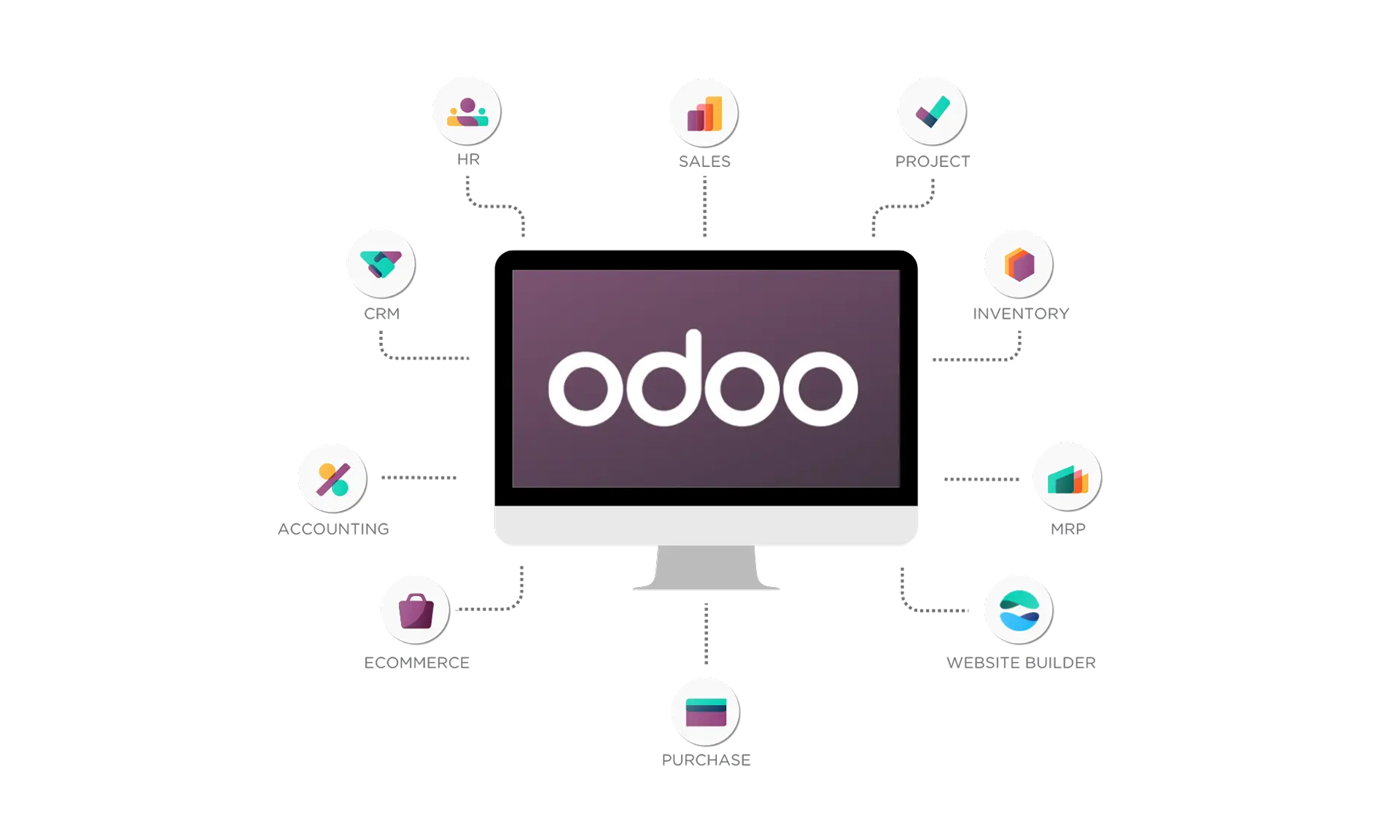In today’s fast-paced world, the need for continuous learning and professional development has never been more critical. As Middle Eastern countries aim to diversify their economies and invest in sectors like technology, education, and entrepreneurship, a robust Learning Management System (LMS) can serve as a game-changer. Xibtech’s LMS platform is a cornerstone of educational and corporate training strategies across the region in English and Arabic, revolutionizing how institutions and businesses approach learning. Let’s speak with us today Contact Now
Why LMS is Crucial in the Middle East
1. Bridging the Educational Gap
Many Middle Eastern countries are actively investing in education to address the skills gap and prepare a workforce for the modern global economy. LMS platforms enable access to high-quality educational resources, particularly in remote and underserved areas. With an LMS, students in less developed regions have access to the same quality of education as those in urban centers, promoting equitable learning opportunities.
2. Facilitating Remote Learning
The COVID-19 pandemic accelerated the adoption of remote learning worldwide, and the Middle East was no exception. Governments and educational institutions had to rapidly shift to online education models, and LMS platforms provided the infrastructure to do so effectively. Even post-pandemic, remote and hybrid learning models continue to thrive, making LMS a permanent fixture in the region’s educational landscape.
3. Promoting Lifelong Learning and Upskilling
With rapidly evolving industries like technology, healthcare, and energy, there is an increasing need for continuous upskilling and reskilling in the workforce. LMS systems offer the flexibility for professionals to pursue lifelong learning at their own pace, from anywhere, without disrupting their jobs. Whether it’s earning a new certification or gaining specialized knowledge, LMS platforms provide a convenient way for professionals in the Middle East to stay competitive in the global marketplace.
4. Supporting Government Initiatives
Many Middle Eastern countries, including Saudi Arabia, the UAE, and Qatar, have launched ambitious initiatives aimed at transforming their economies through education and technology. Saudi Arabia’s Vision 2030, for example, emphasizes the need for digital education to build a knowledge-based economy. LMS platforms align perfectly with these goals, enabling governments to offer tailored training programs, certifications, and even degree programs that cater to specific sectors like oil and gas, finance, and technology.
5. Cost-Effective Solution for Organizations
For companies in the Middle East, investing in employee training and development is key to staying competitive. However, traditional in-person training can be costly and logistically challenging, particularly for large organizations with multiple locations. LMS systems offer a cost-effective solution that allows companies to train employees across different regions without the need for physical infrastructure. They can customize training programs, monitor progress, and ensure consistent learning outcomes across the organization.
6. Customizable and Culturally Relevant Content
One of the significant advantages of modern LMS platforms is the ability to customize content according to the cultural and language needs of learners. In a region as diverse as the Middle East, with its various languages and cultural nuances, this feature is particularly important. LMS systems can offer content in Arabic, English, and other local languages, making learning more accessible and relatable.
7. Data-Driven Learning
Another benefit of using an LMS is the ability to track and analyze learning progress through data. This allows educational institutions and organizations to identify trends, strengths, and areas for improvement. By using real-time data, governments and institutions can fine-tune educational programs, ensuring that learners are not only engaged but also achieving measurable outcomes.
Challenges and Opportunities
While the benefits of LMS are clear, there are still challenges in adoption across the region. These include concerns about internet connectivity in rural areas, resistance to change in traditional educational settings, and the cost of implementing advanced systems. However, as Middle Eastern countries continue to invest in digital infrastructure, these barriers are gradually being overcome.
There is a vast opportunity for tech companies, educational institutions, and governments to collaborate and create LMS platforms tailored to the unique needs of the region. With further investment, the Middle East can lead the way in innovative education and training models, setting a global example of how to leverage technology for learning.
Conclusion
The importance of LMS systems in Middle Eastern countries cannot be overstated. They provide the flexibility, scalability, and accessibility needed to address the evolving educational and professional development needs of the region. As Middle Eastern nations continue to invest in education and workforce development as part of their long-term strategies, the role of LMS in driving these initiatives forward will only grow. For governments, educational institutions, and businesses, the adoption of LMS is not just a trend—it’s a necessity for the future.
Investing in Xibtech’s LMS systems today will pave the way for a more skilled, adaptable, and competitive Middle Eastern workforce tomorrow. Speak with us now






